Turkey: Fragmenting Identity
Turkey is often reckoned as the transcontinental point, where Europe meets Asia. When I visited Turkey, I was attracted by not only its dichotomy but its complicated layers of history, identity and value. Some don't follw the traditional custom of Muslim, rather secular, others are strictly Muslim. Some people lead a modern European-style life, others prefer a conservative way of life. It seems that Turkey has been oscillating among those multilayered identities and the two worlds are woven around one another especially since Mustafa Kemal Ataturk introduced many radical and secular reforms and became the republic's first president in 1923.
Although Turkey's secularization and Europeanization have been making great progress, the remnants of its Ottoman past and value are still intact. As a result, a sense of ennui and loneliness which is caused by its indecisive identities and conspicuous inward nationalism permeates Turkey today.
I often felt that I was on the fictional movie set and stumbled across fictional characters on every street in Istanbul or Trabzon. No wonder that Orhan Pamuk, the first Turk to win the Nobel Prize in literature, described Istanbul in his essay that he does not understand it because it defies classification.
November 2004.
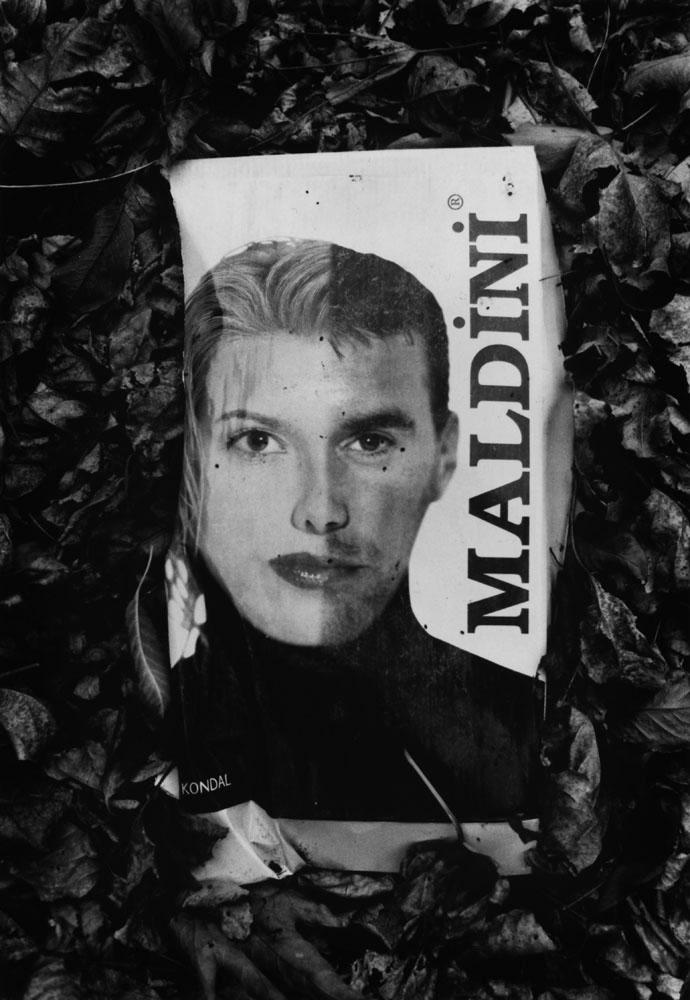
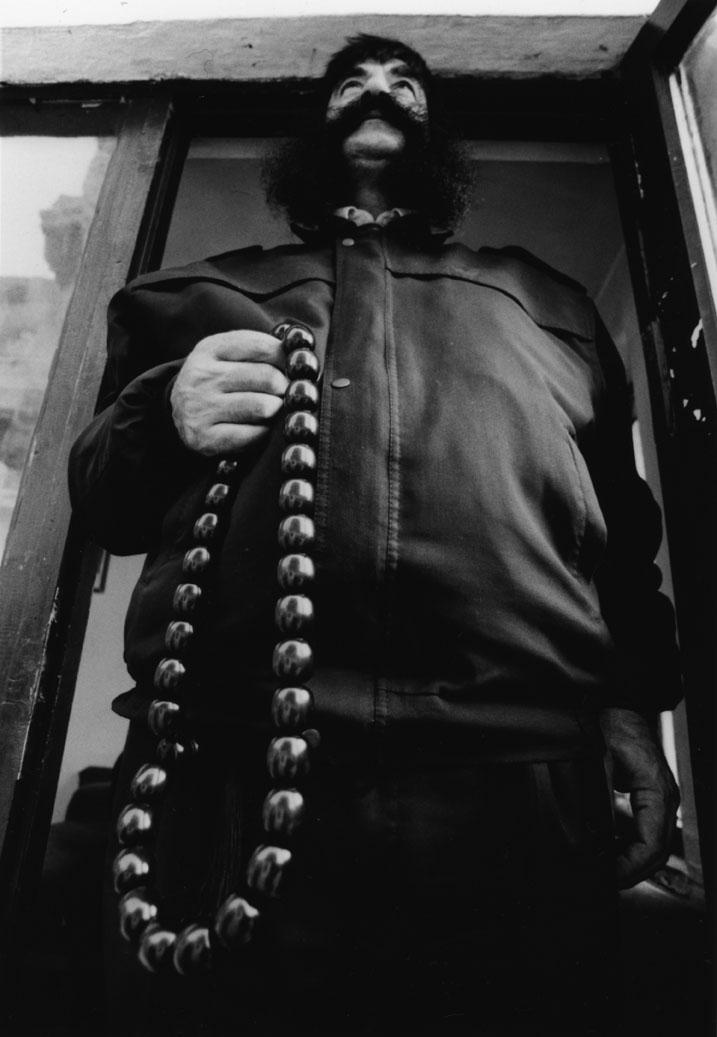
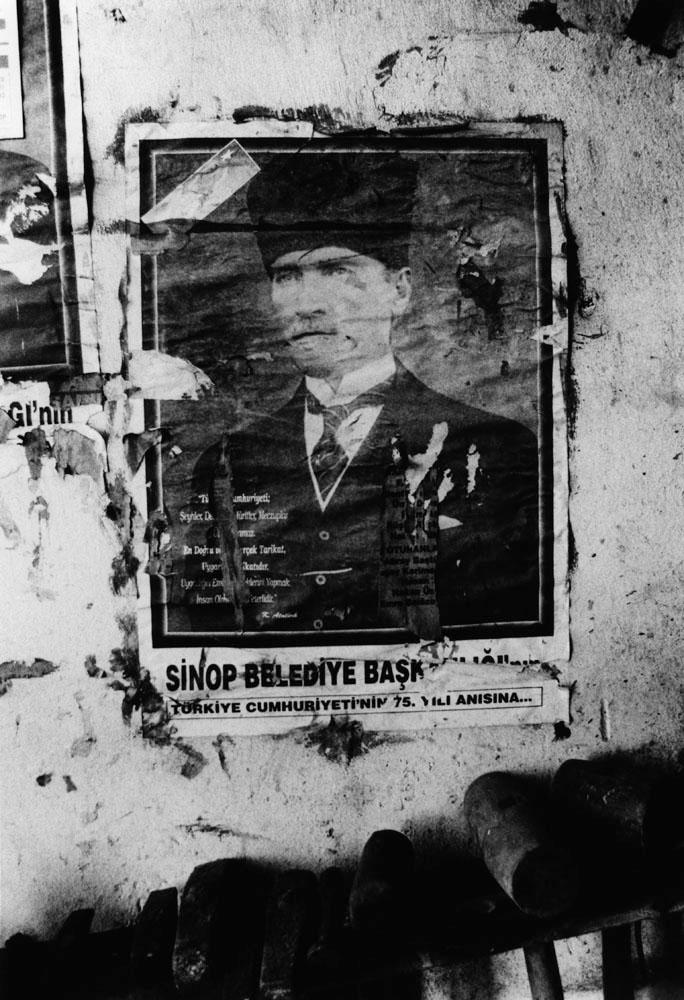
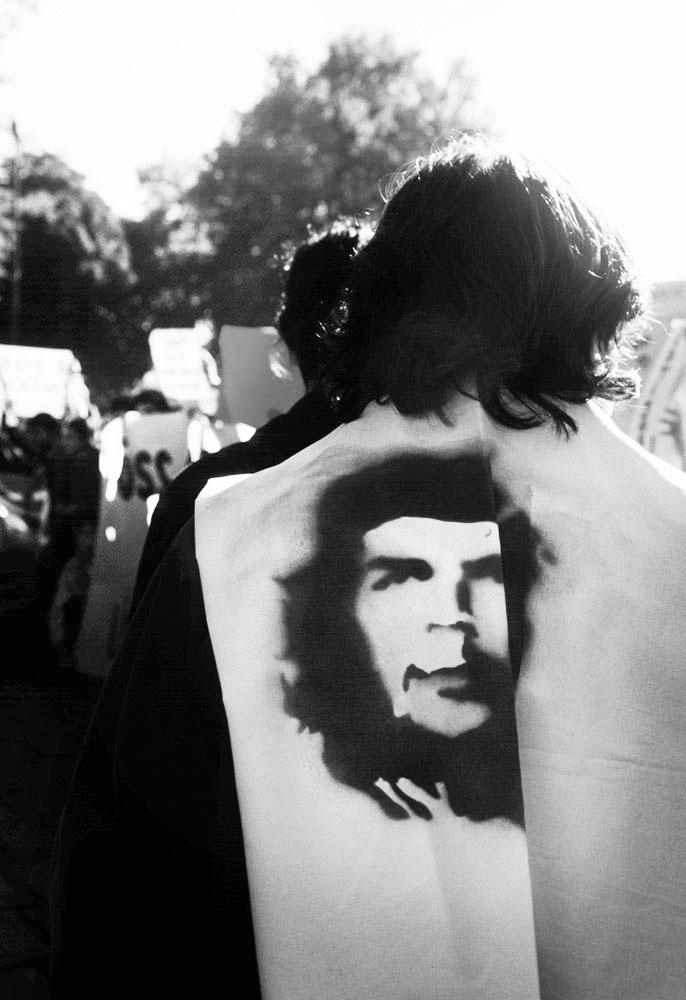
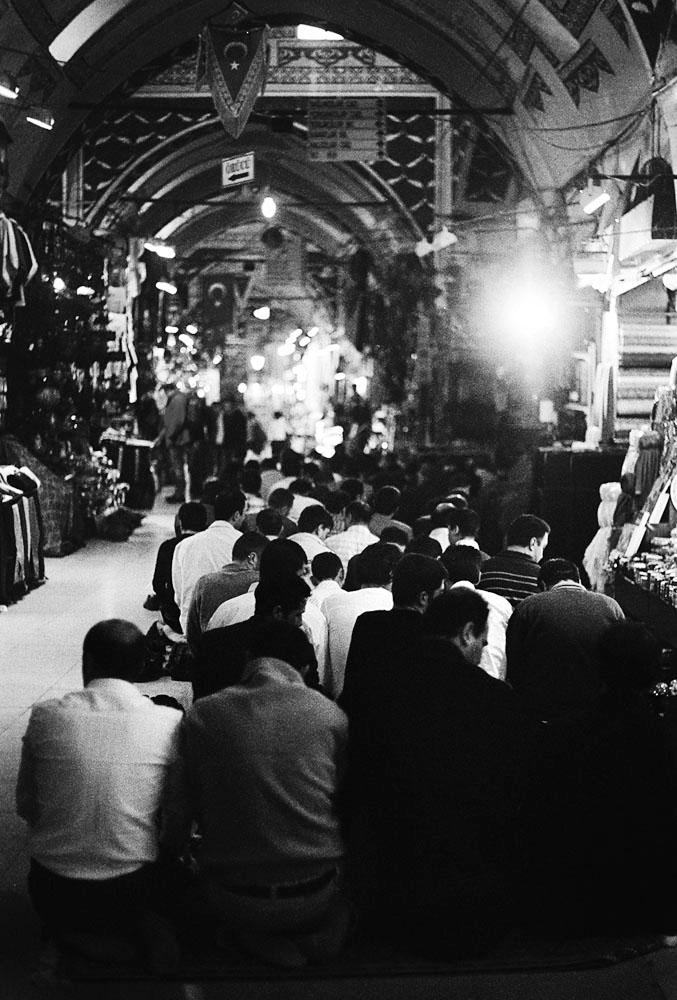
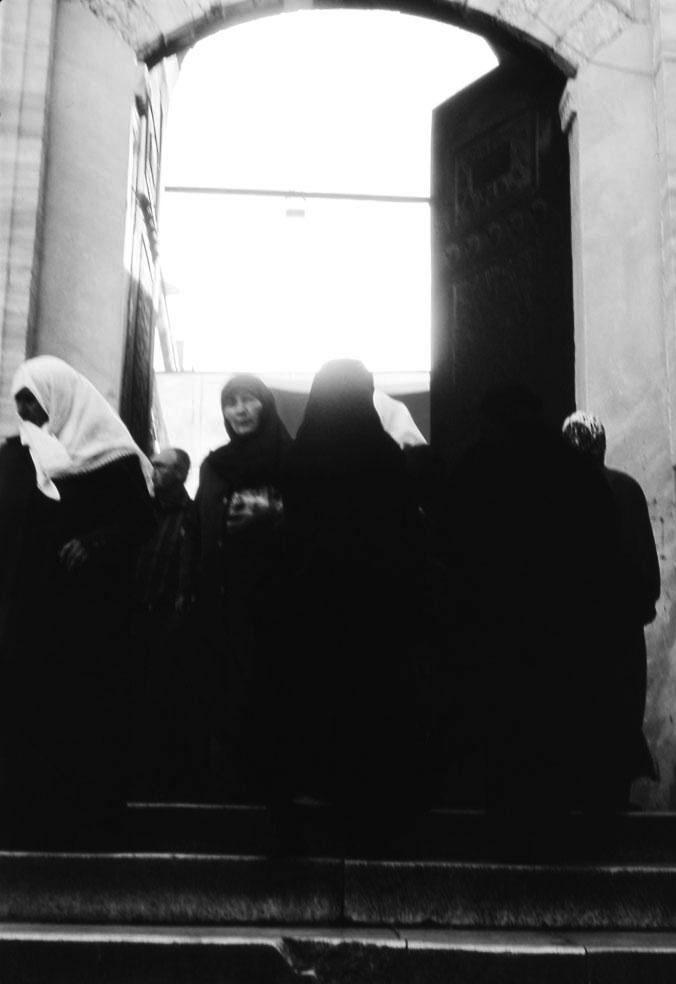
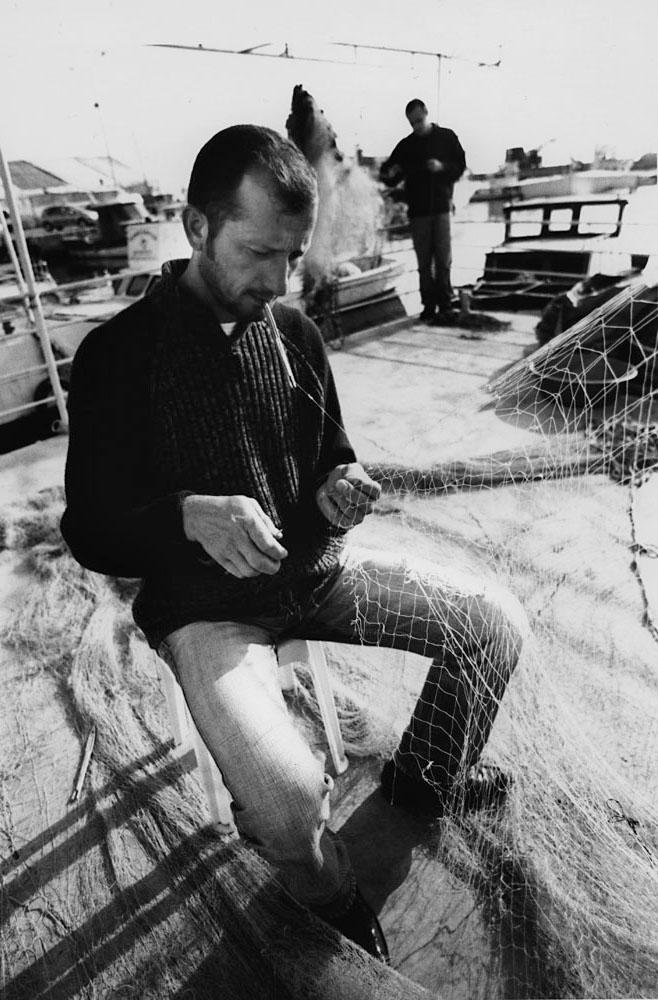
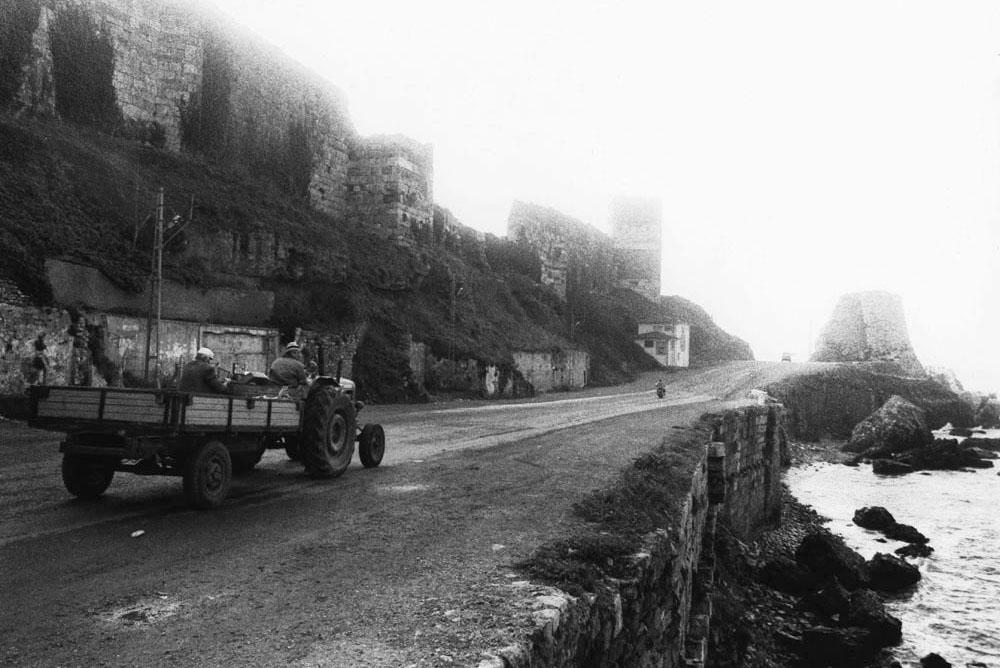
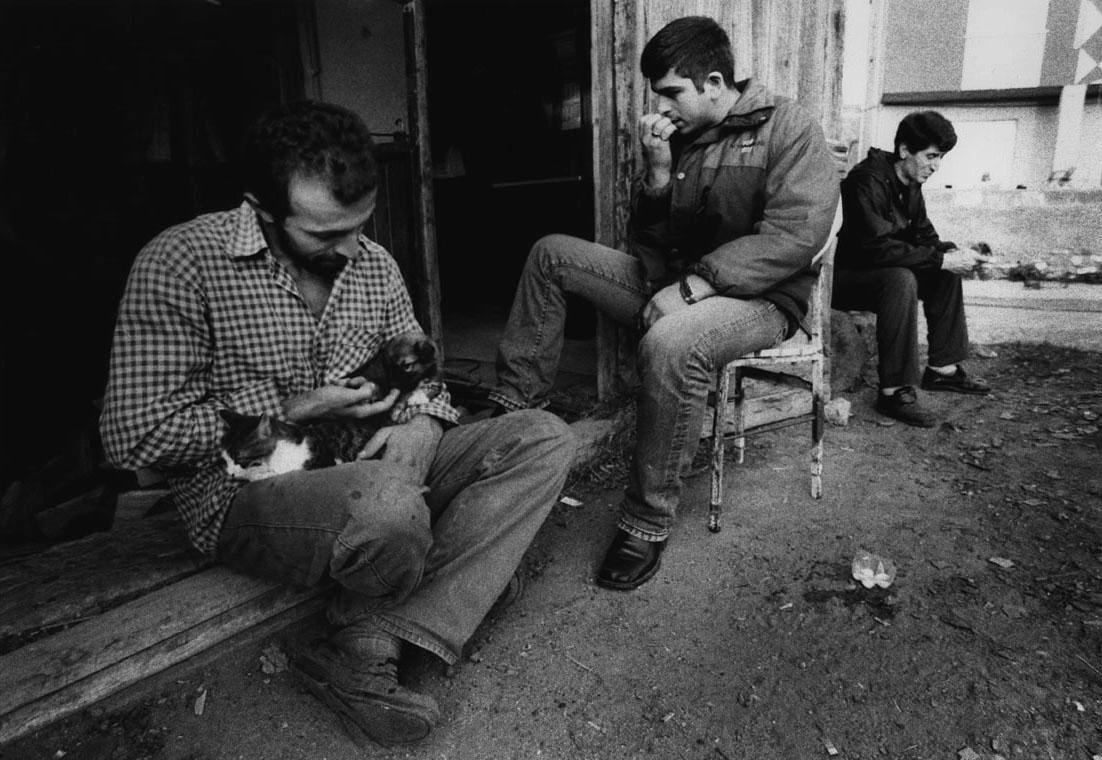
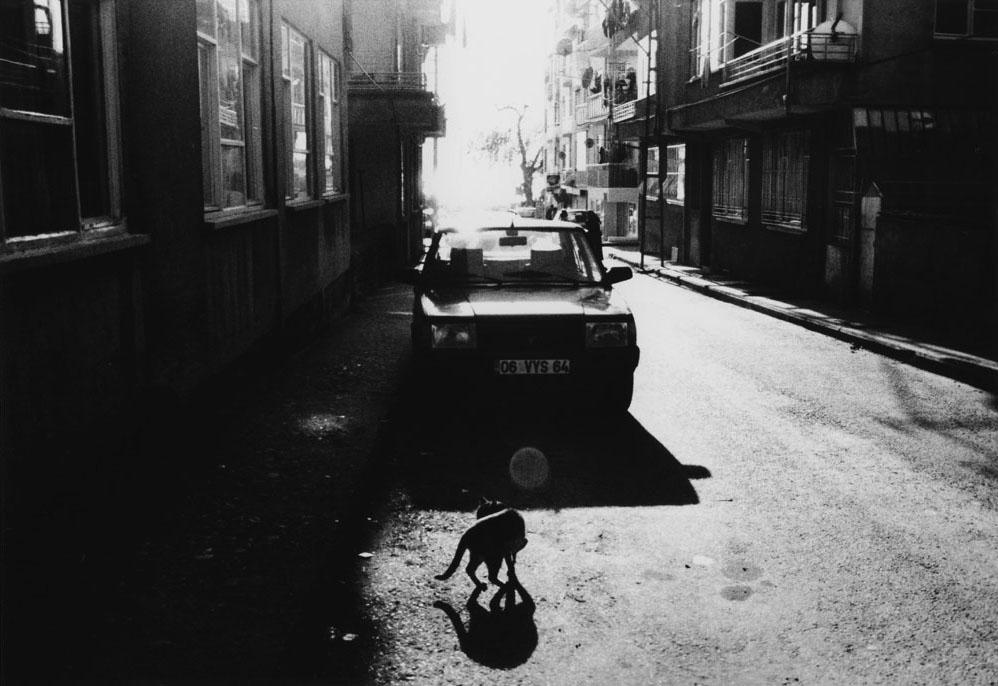
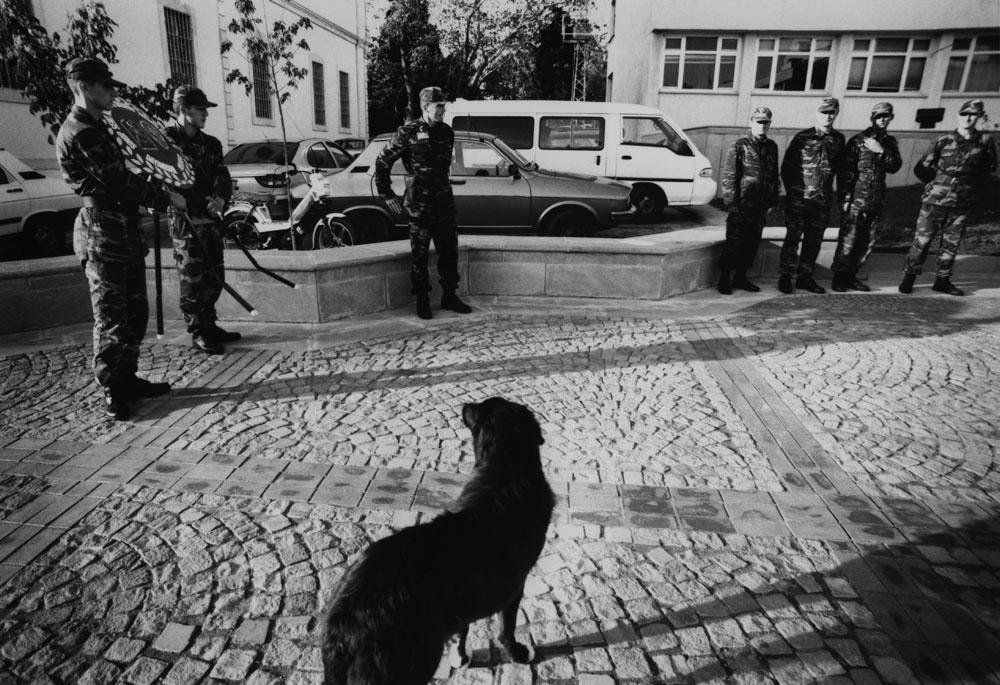
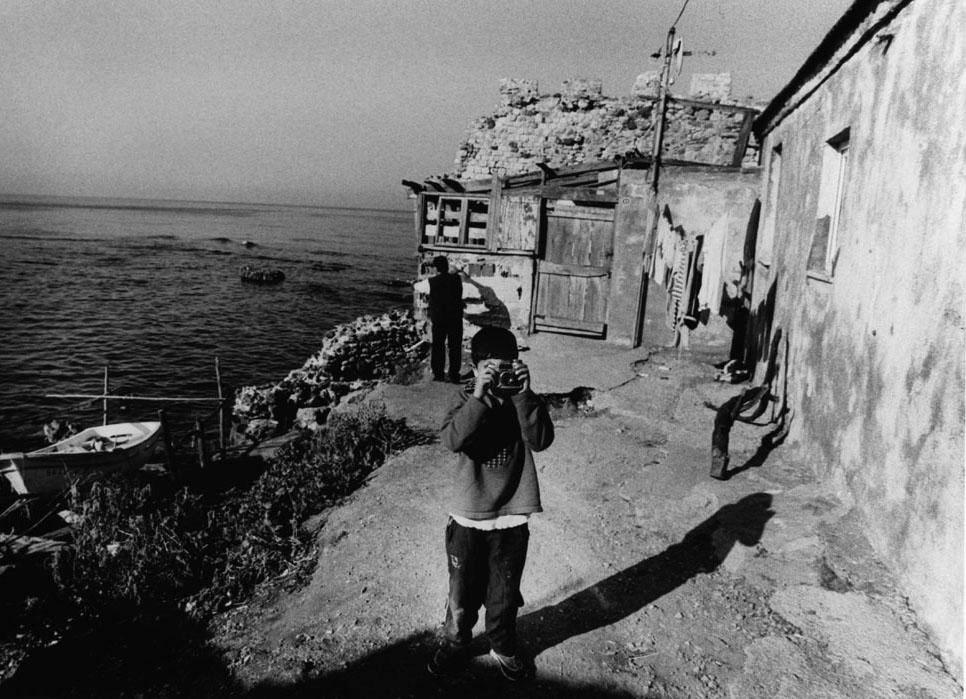
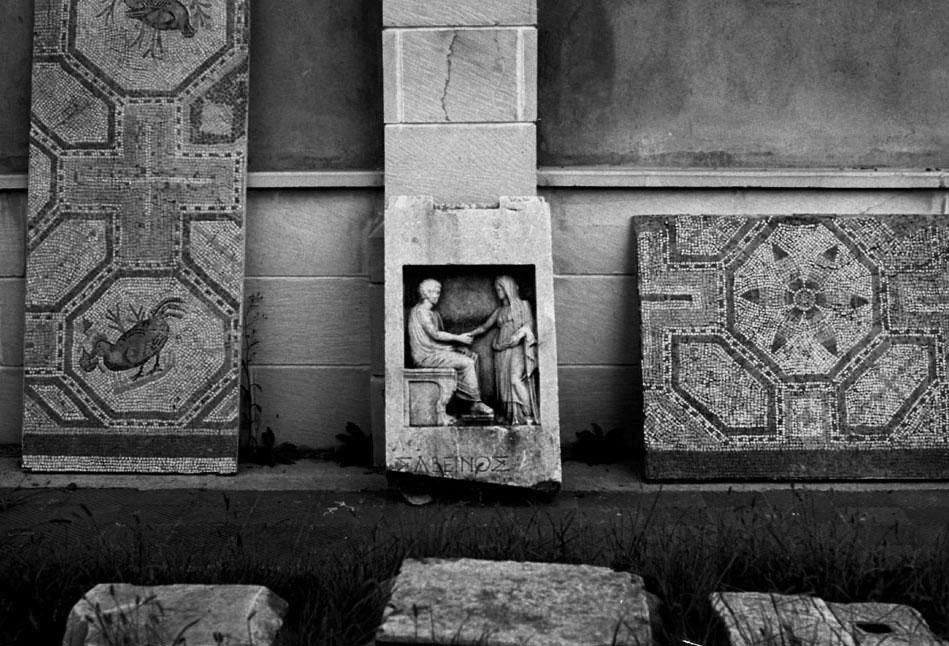
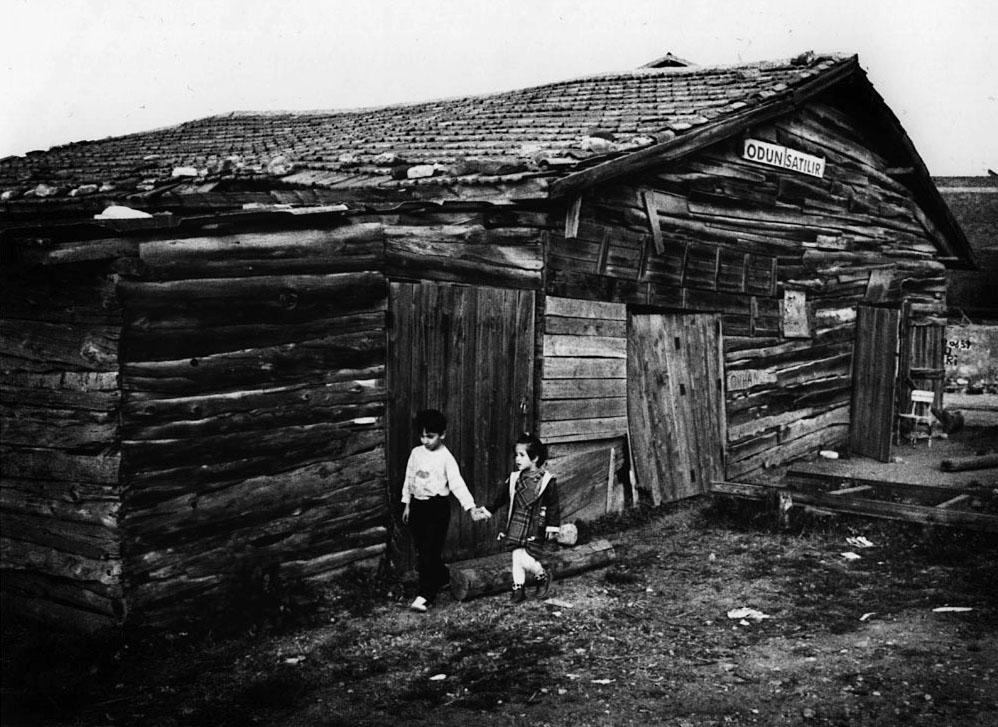
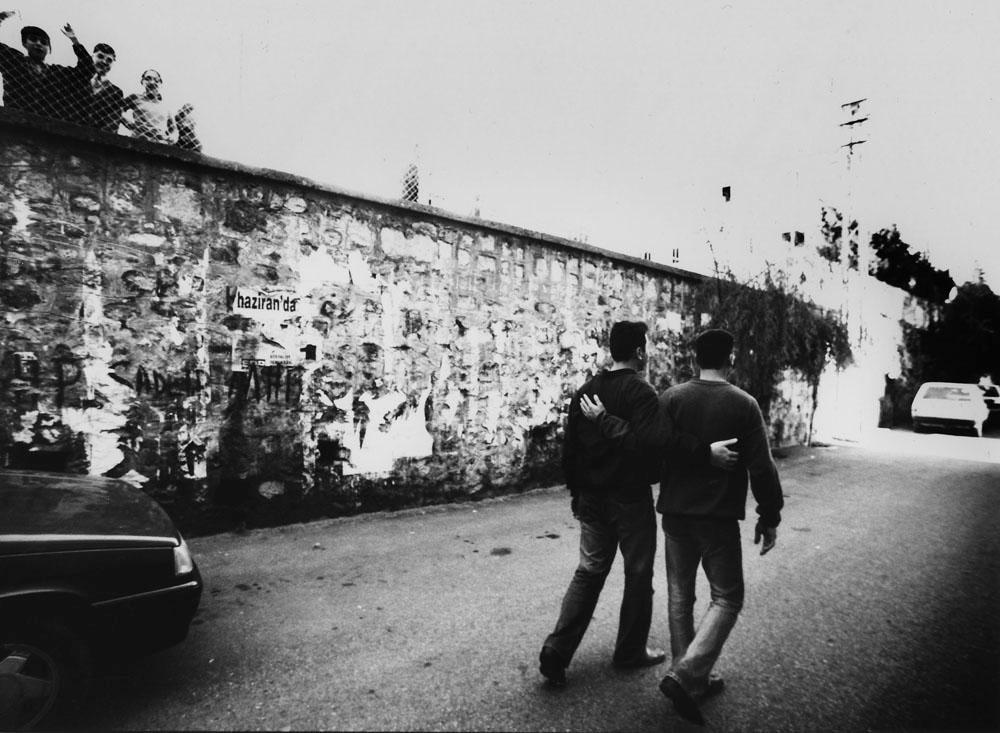
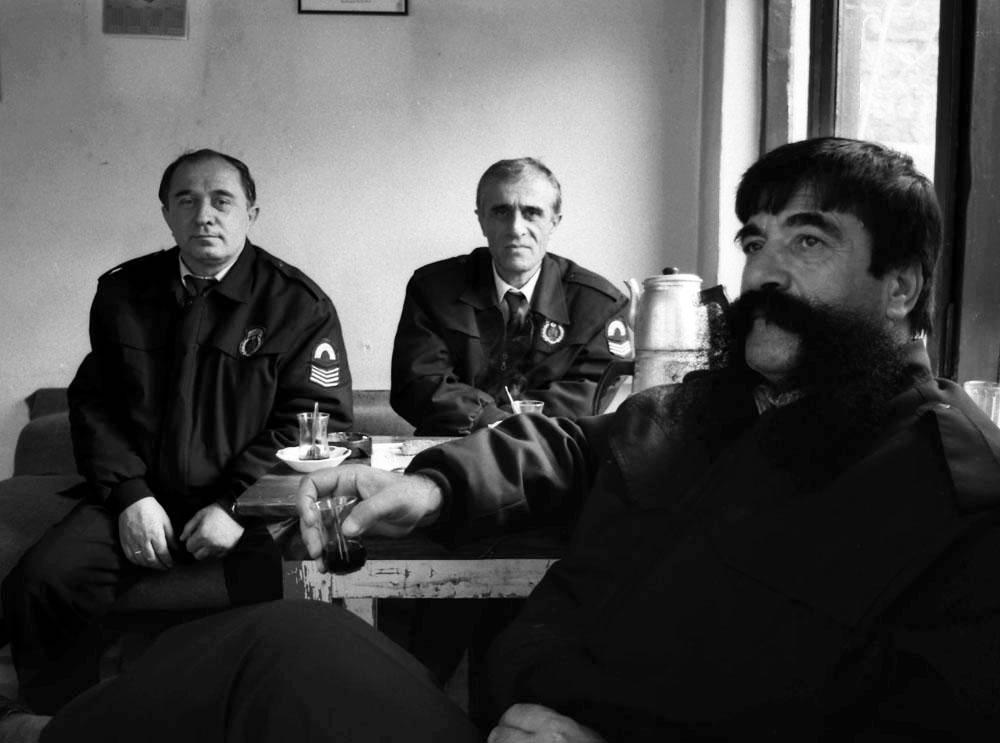
Sinop Fortress Prison was one of the oldest prisons in Turkey.
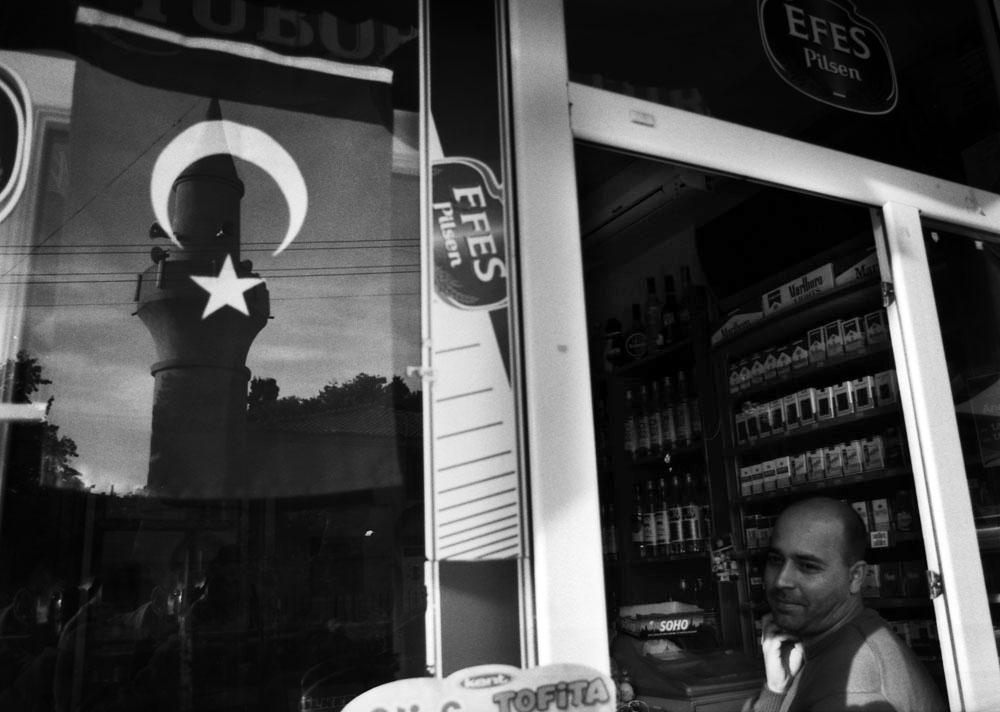
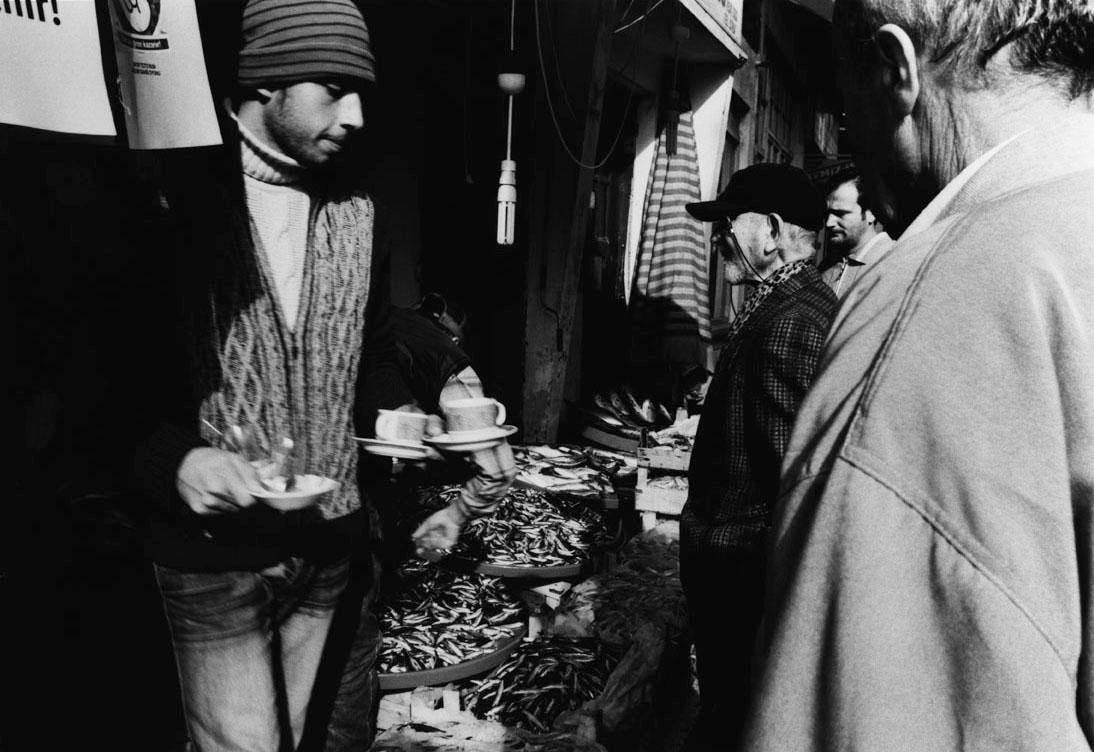
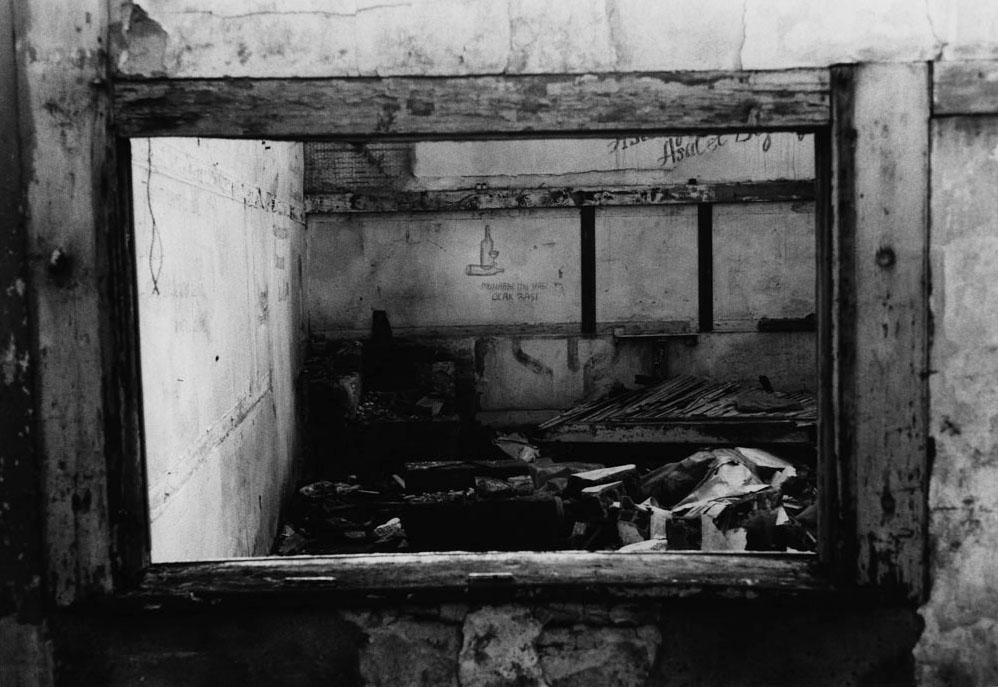
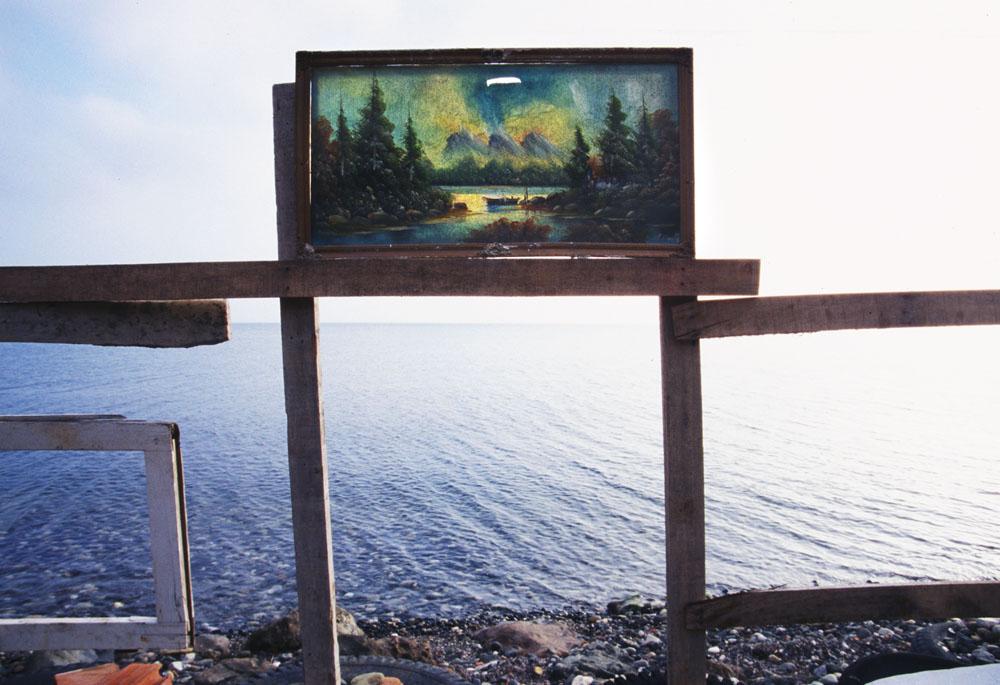
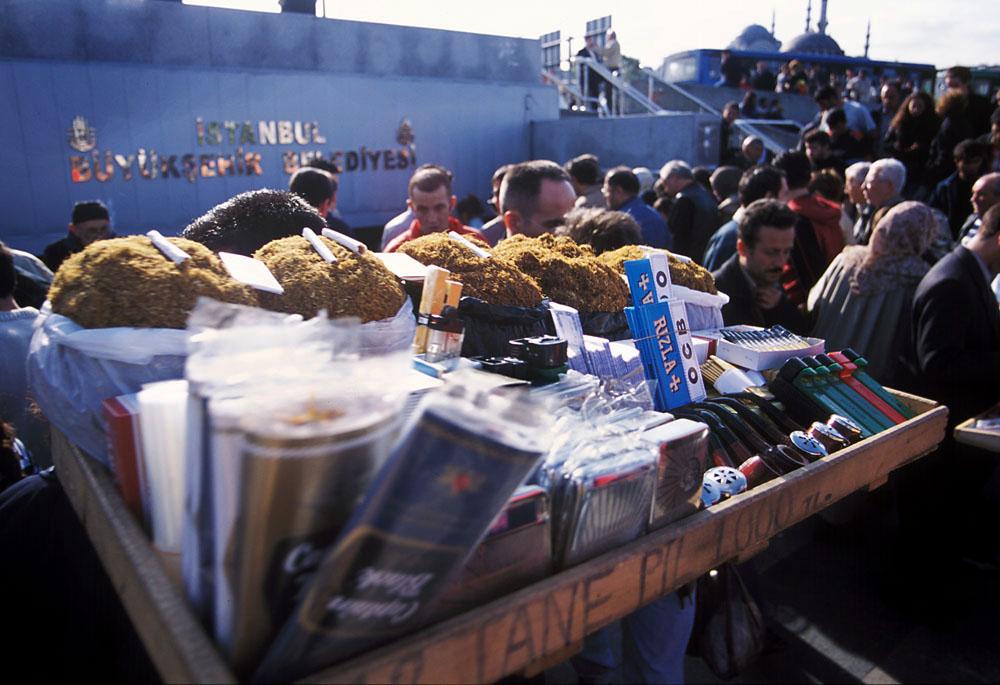
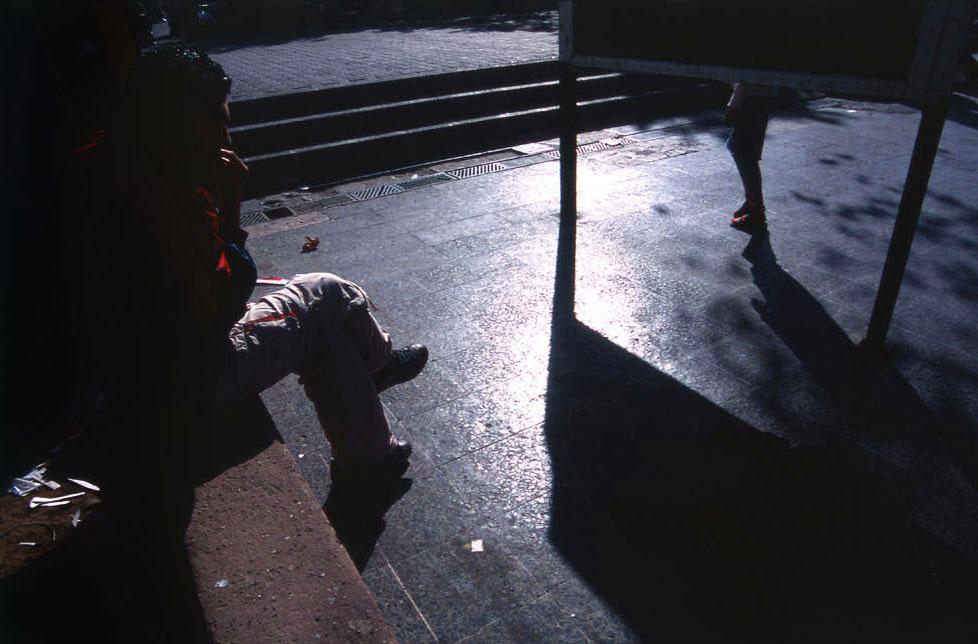
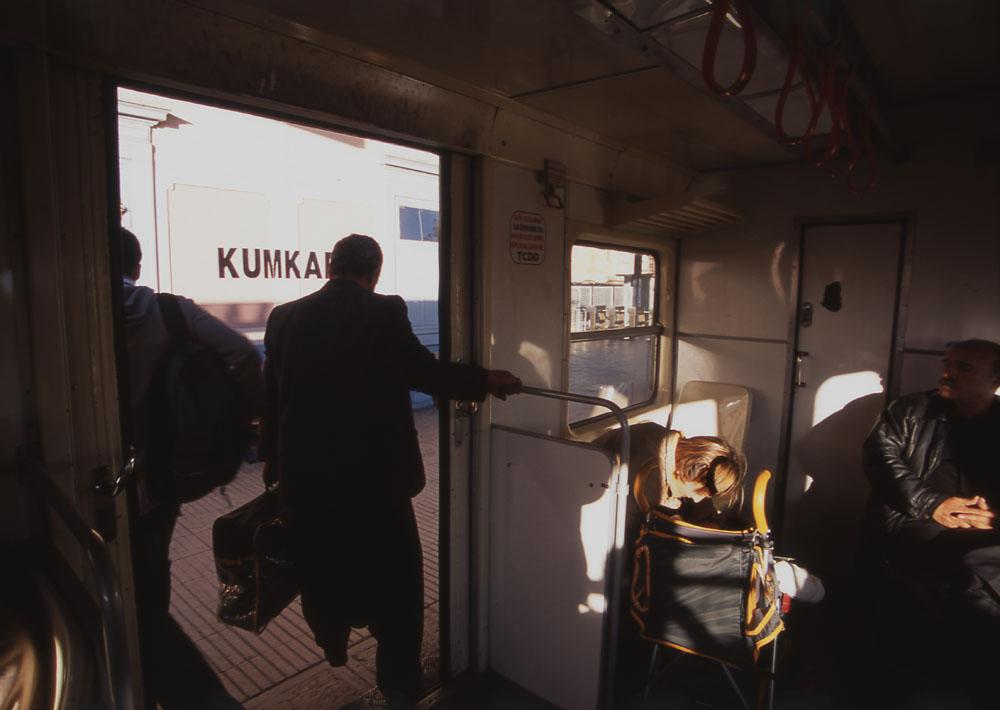
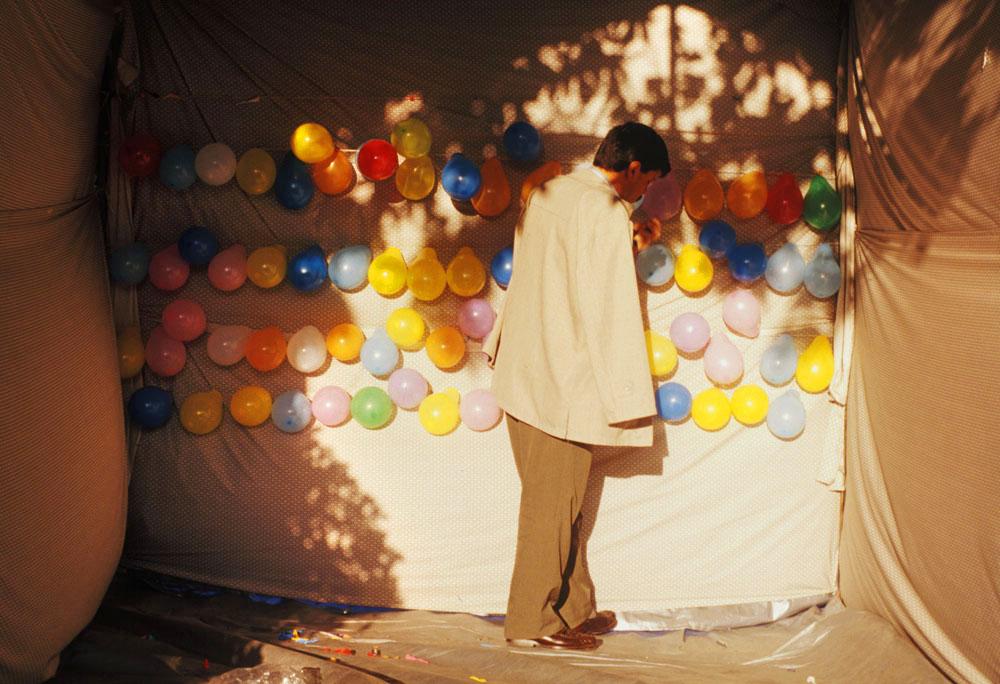
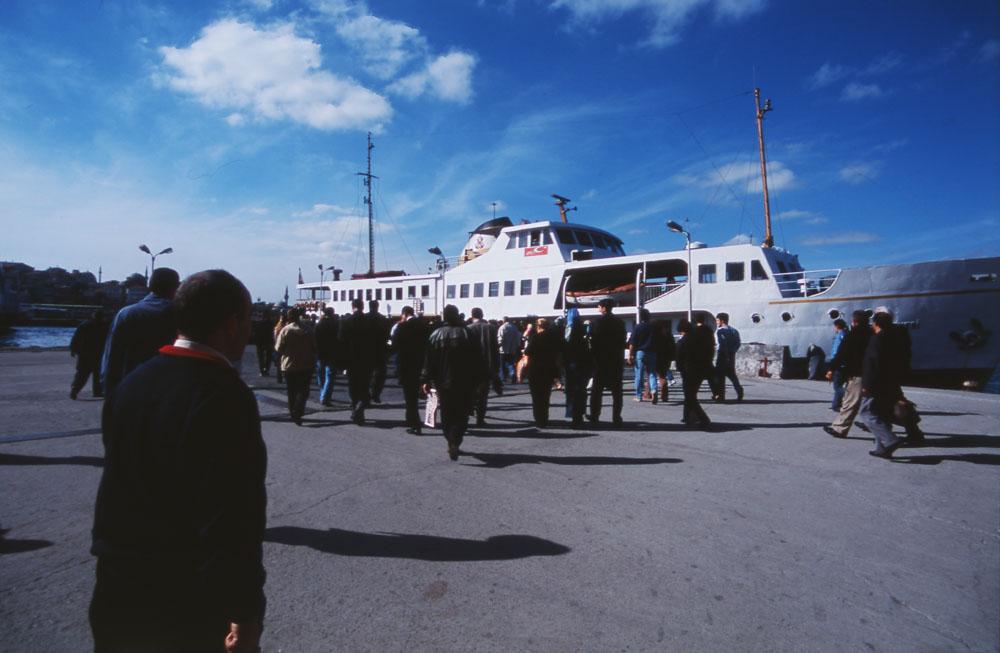
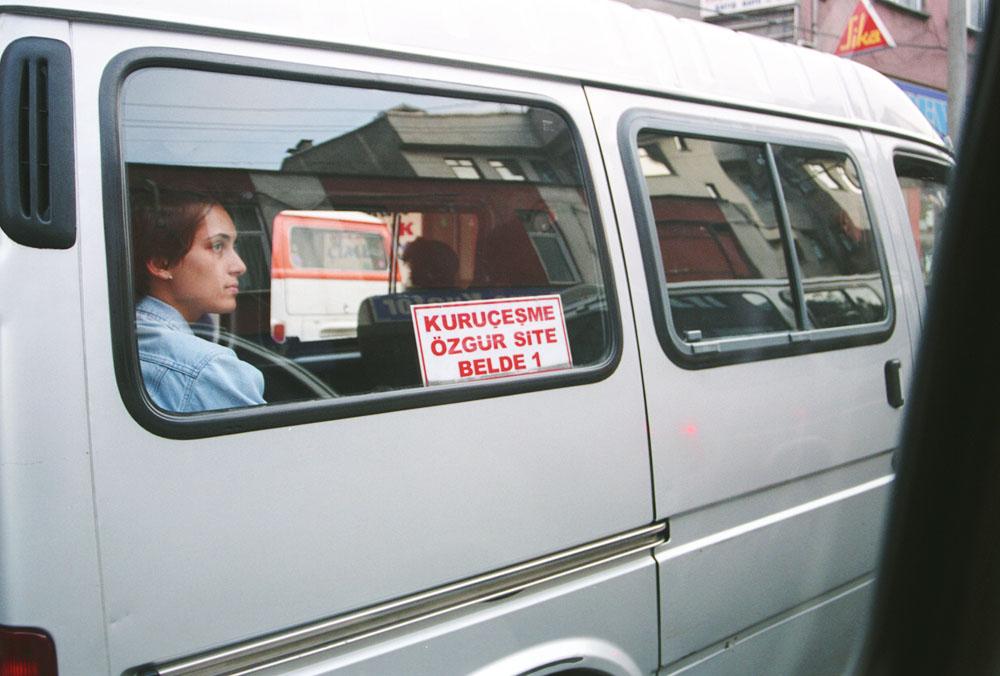
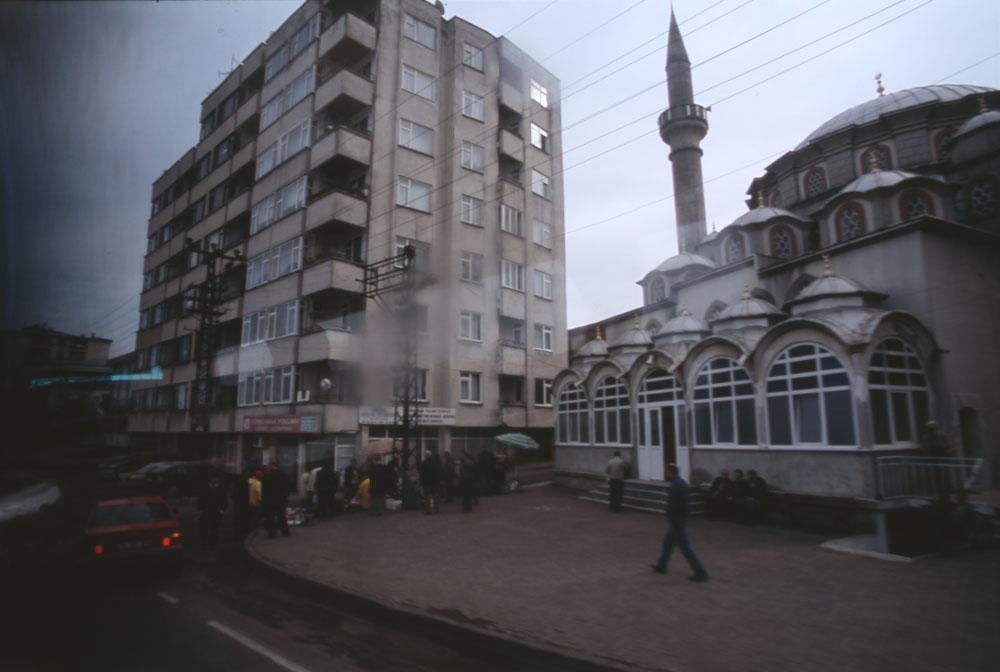
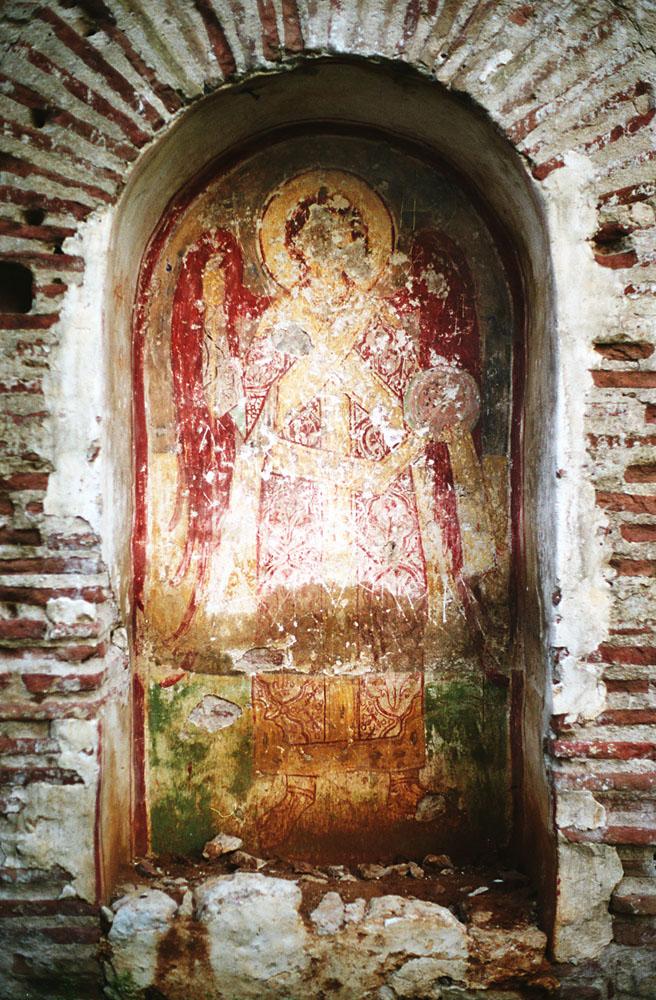
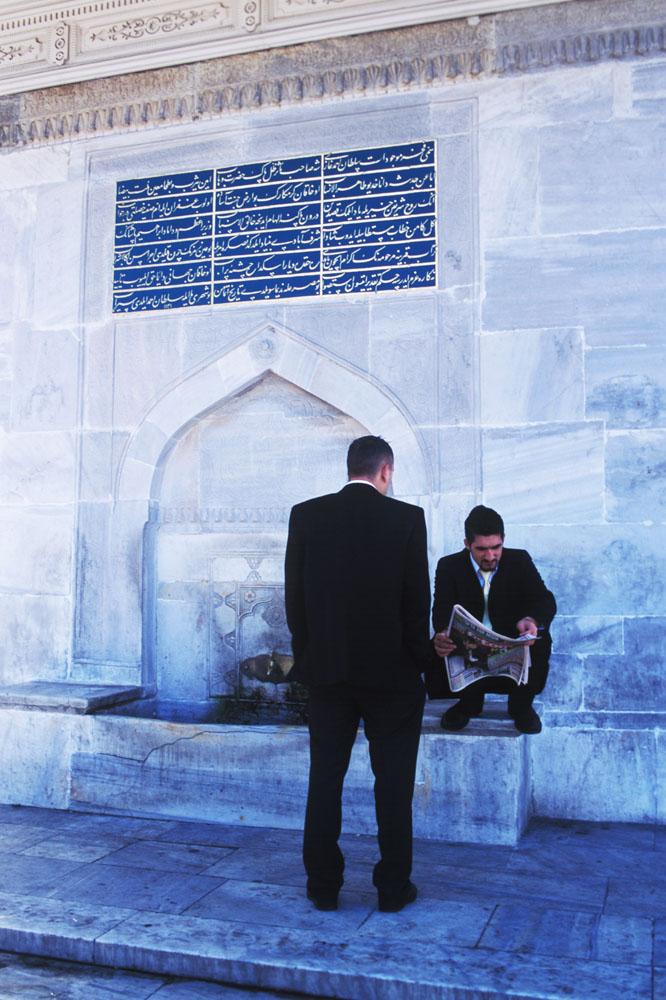
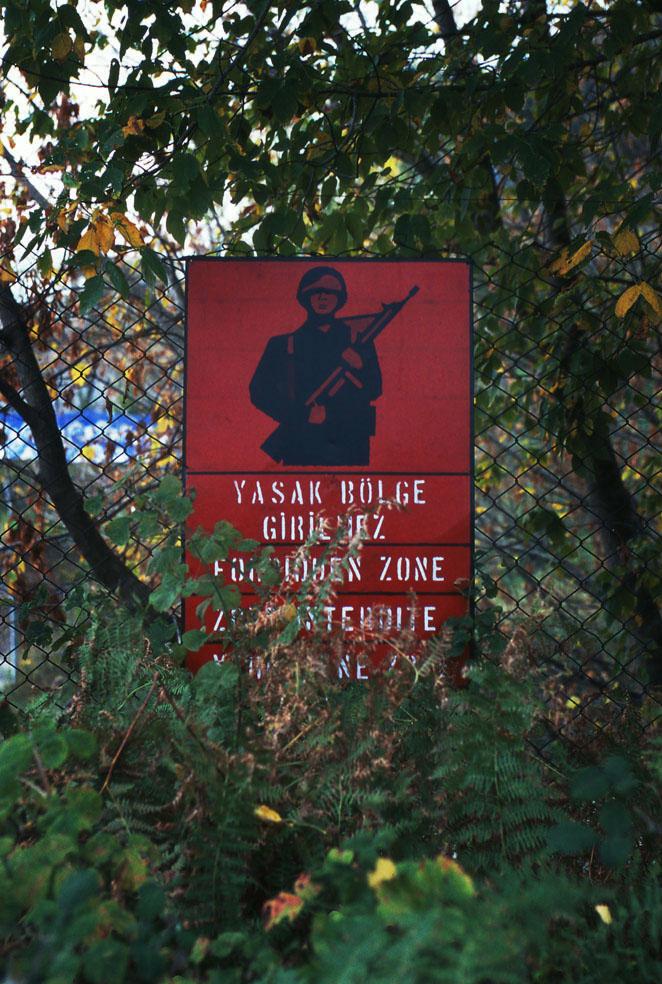
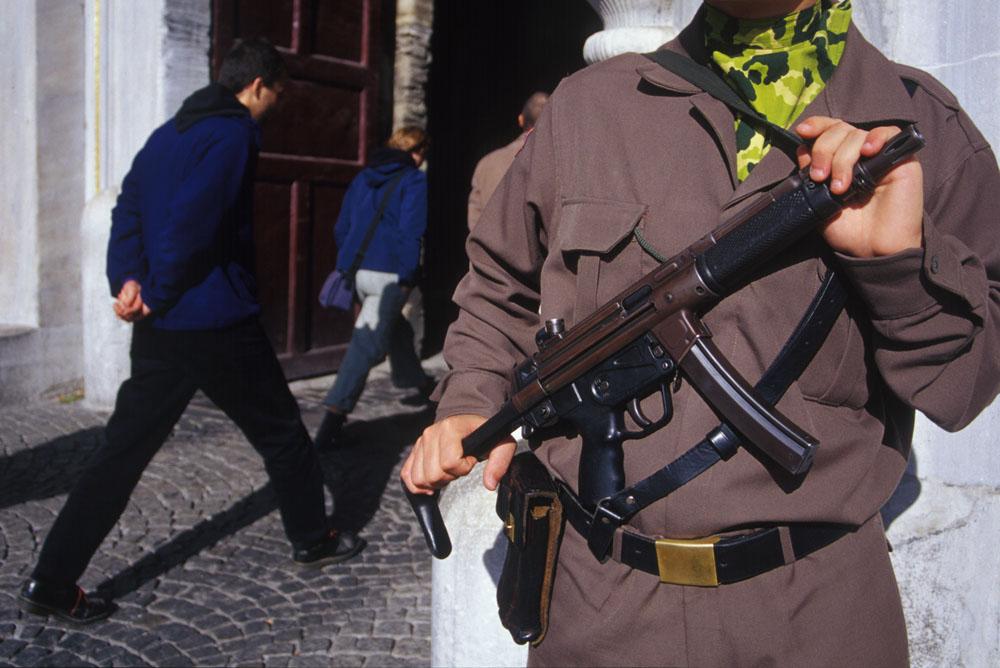
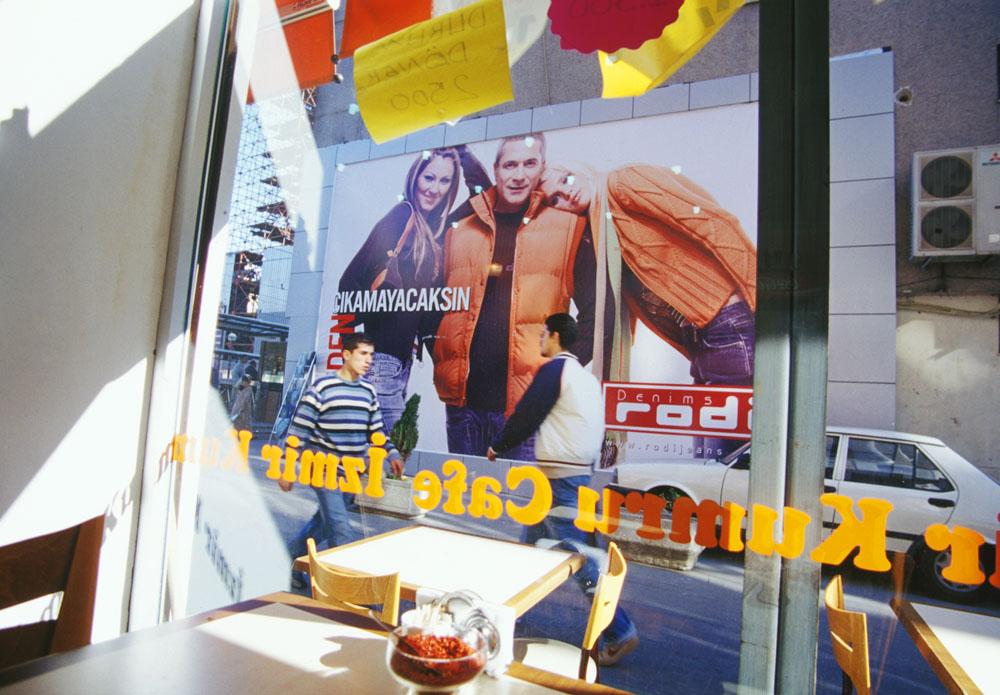
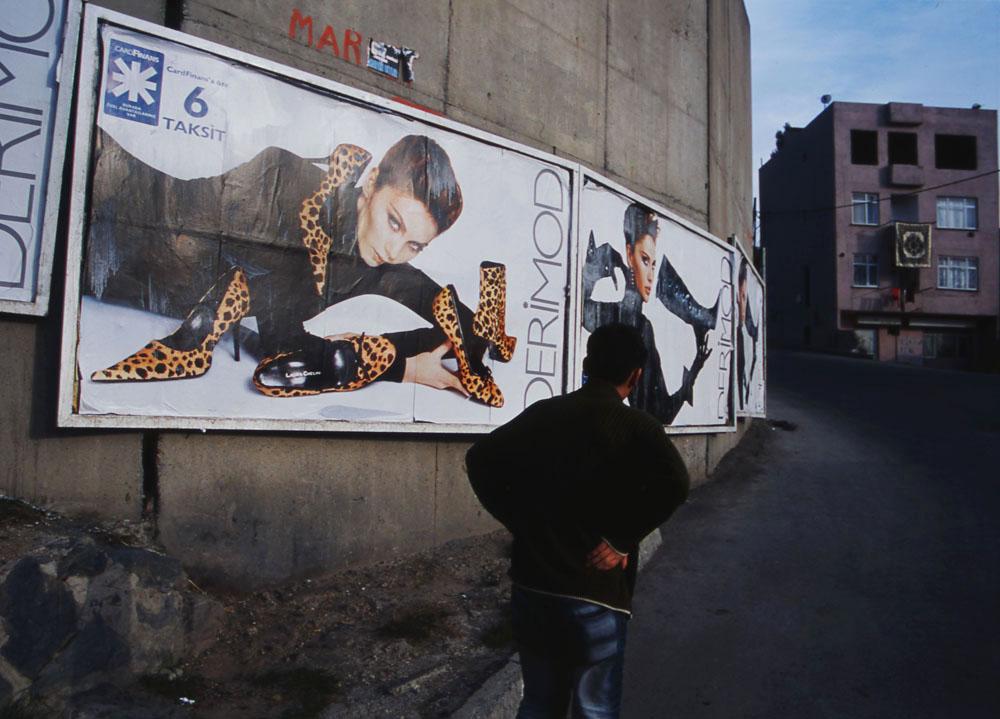
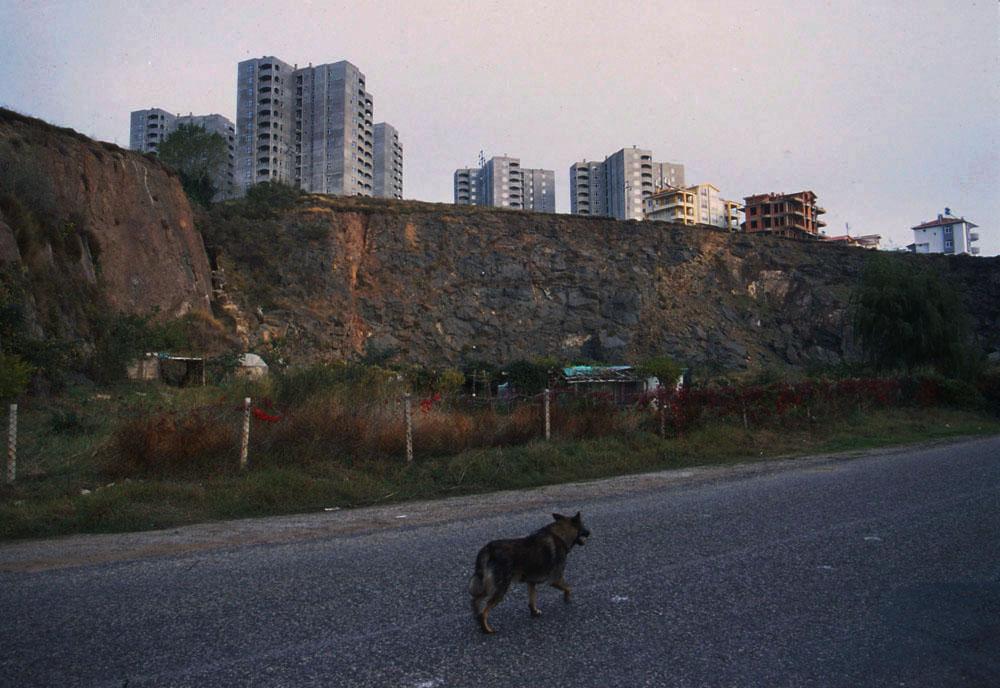
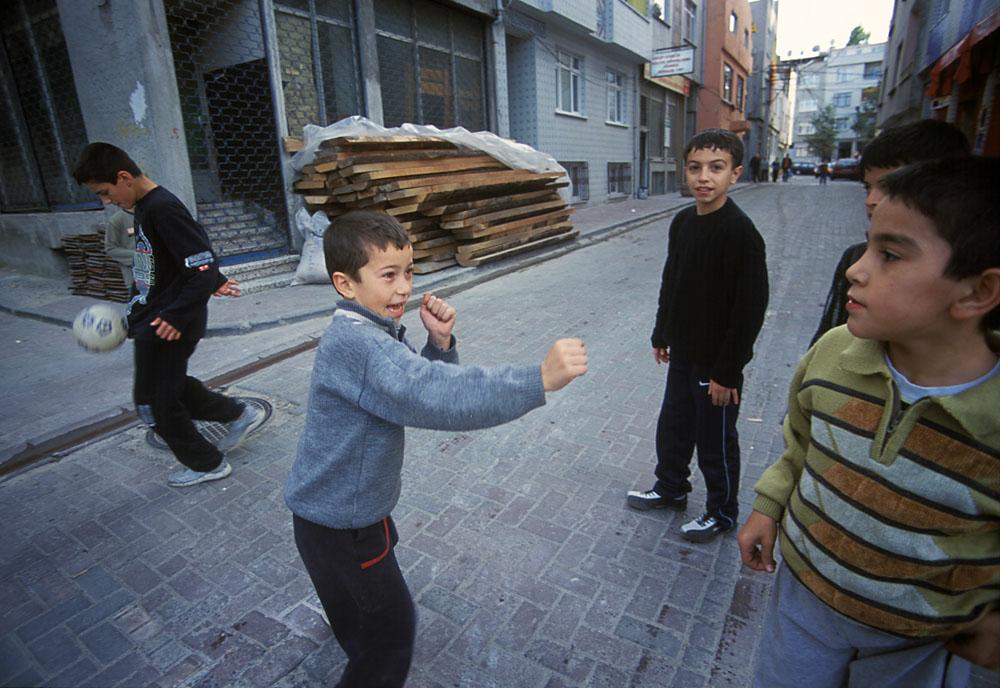
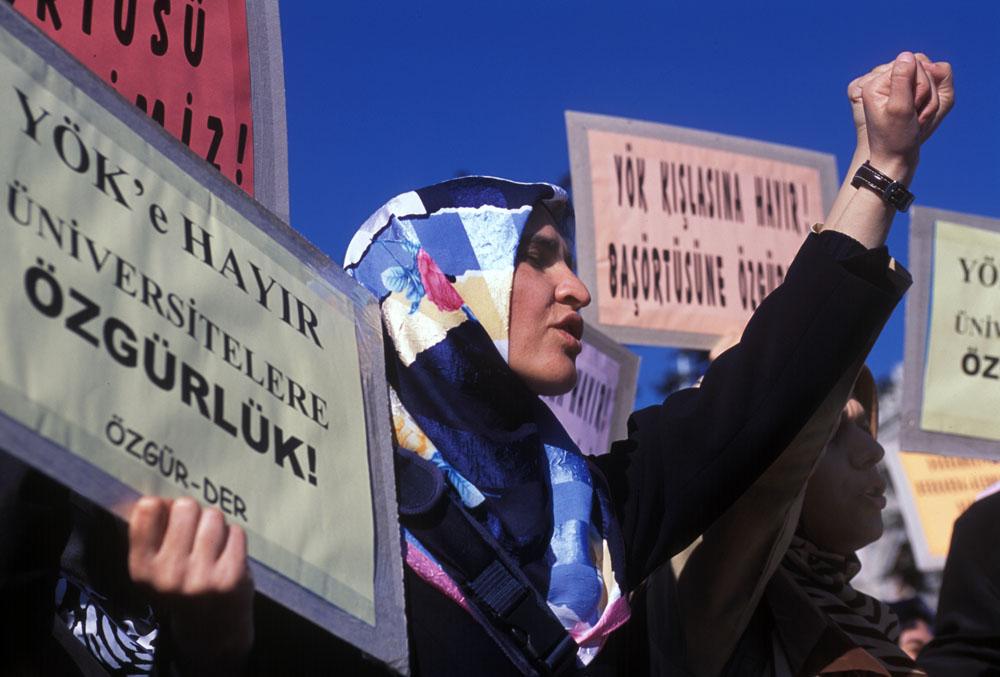
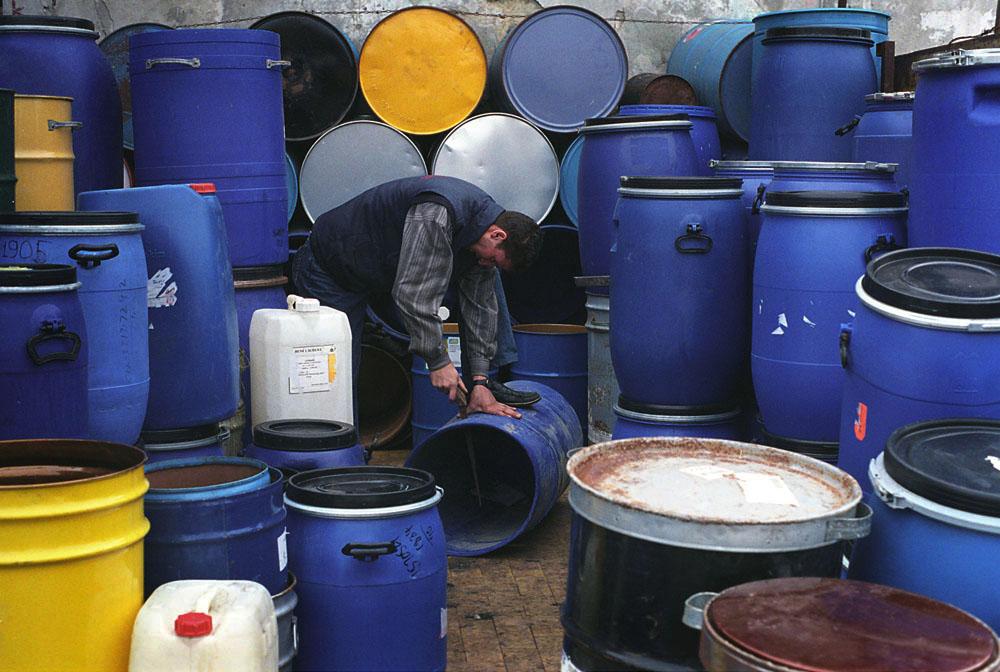
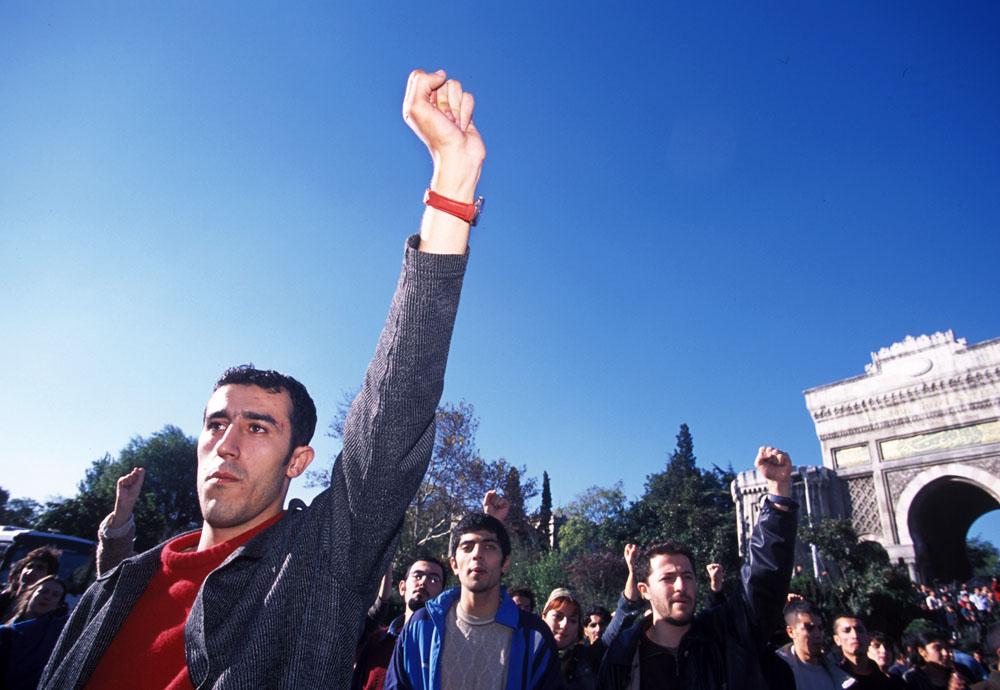
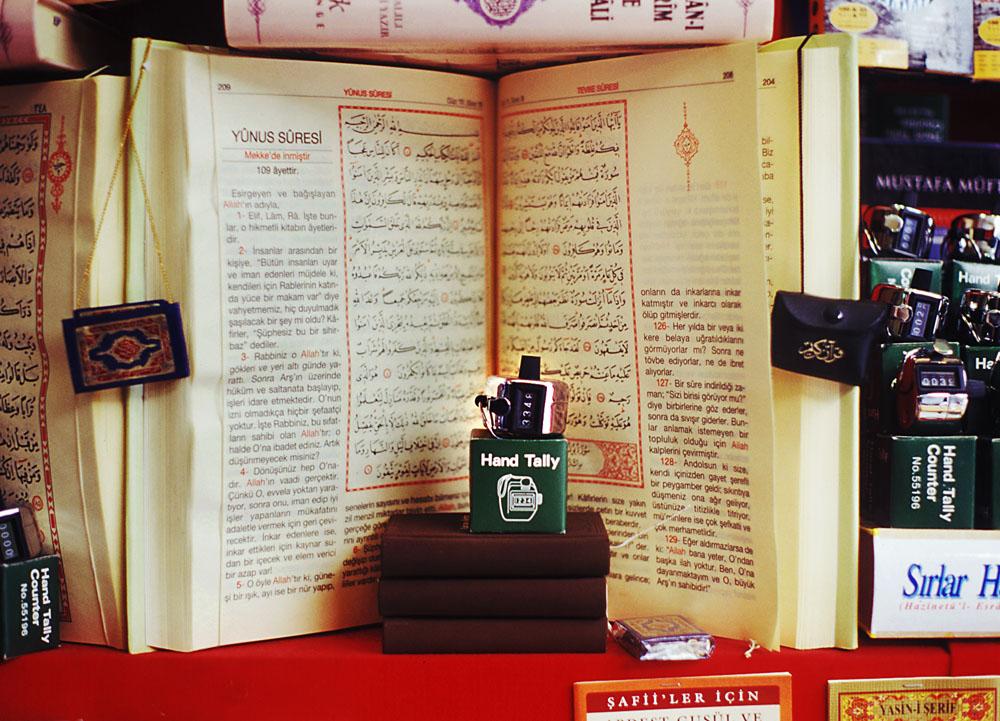
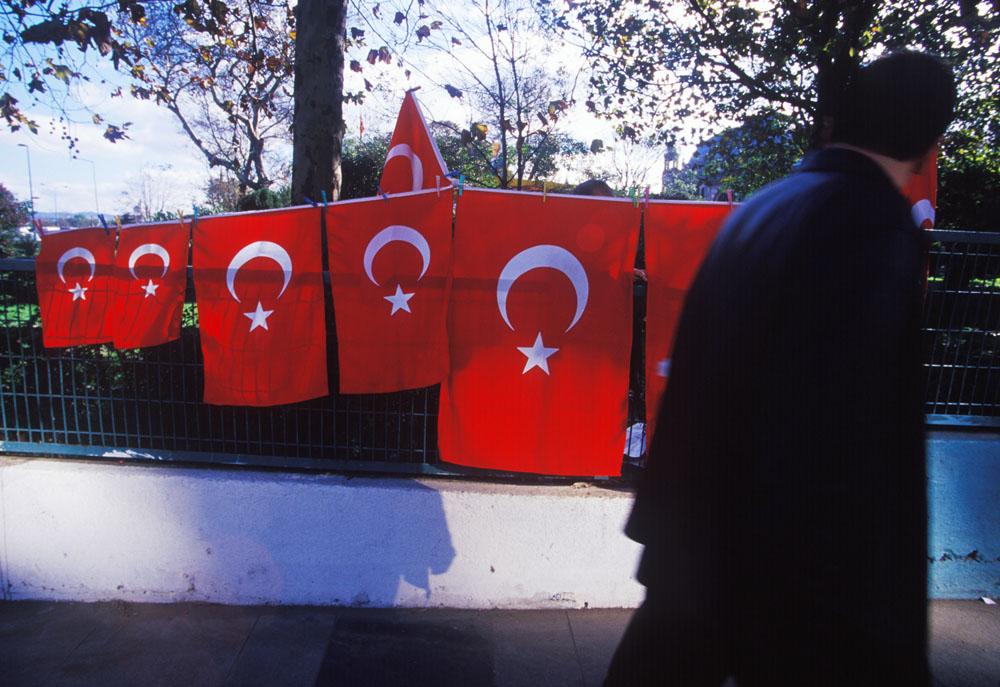
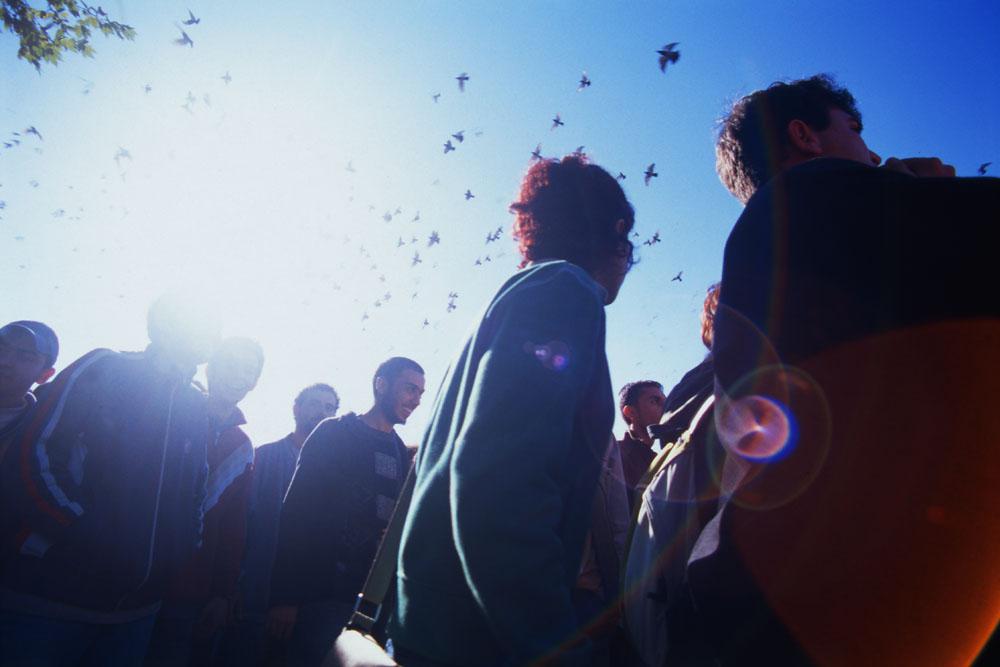
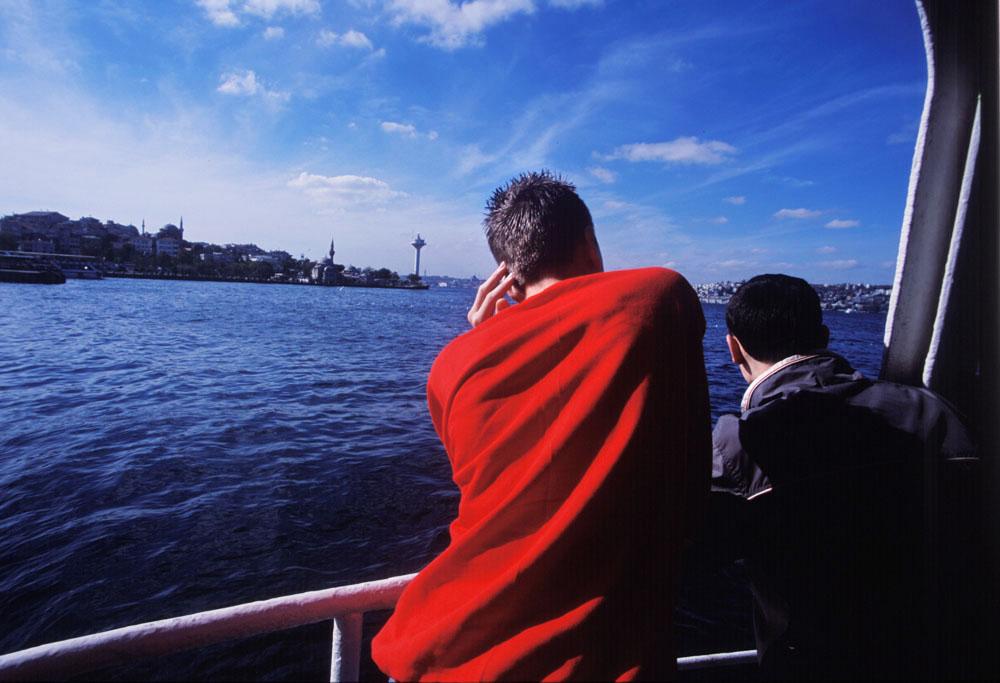
Turkey: Fragmenting Identity
Turkey is often reckoned as the transcontinental point, where Europe meets Asia. When I visited Turkey, I was attracted by not only its dichotomy but its complicated layers of history, identity and value. Some don't follw the traditional custom of Muslim, rather secular, others are strictly Muslim. Some people lead a modern European-style life, others prefer a conservative way of life. It seems that Turkey has been oscillating among those multilayered identities and the two worlds are woven around one another especially since Mustafa Kemal Ataturk introduced many radical and secular reforms and became the republic's first president in 1923.
Although Turkey's secularization and Europeanization have been making great progress, the remnants of its Ottoman past and value are still intact. As a result, a sense of ennui and loneliness which is caused by its indecisive identities and conspicuous inward nationalism permeates Turkey today.
I often felt that I was on the fictional movie set and stumbled across fictional characters on every street in Istanbul or Trabzon. No wonder that Orhan Pamuk, the first Turk to win the Nobel Prize in literature, described Istanbul in his essay that he does not understand it because it defies classification.
November 2004.










































Turkey: Fragmenting Identity
Turkey is often reckoned as the transcontinental point, where Europe meets Asia. When I visited Turkey, I was attracted by not only its dichotomy but its complicated layers of history, identity and value. Some don't follw the traditional custom of Muslim, rather secular, others are strictly Muslim. Some people lead a modern European-style life, others prefer a conservative way of life. It seems that Turkey has been oscillating among those multilayered identities and the two worlds are woven around one another especially since Mustafa Kemal Ataturk introduced many radical and secular reforms and became the republic's first president in 1923.
Although Turkey's secularization and Europeanization have been making great progress, the remnants of its Ottoman past and value are still intact. As a result, a sense of ennui and loneliness which is caused by its indecisive identities and conspicuous inward nationalism permeates Turkey today.
I often felt that I was on the fictional movie set and stumbled across fictional characters on every street in Istanbul or Trabzon. No wonder that Orhan Pamuk, the first Turk to win the Nobel Prize in literature, described Istanbul in his essay that he does not understand it because it defies classification.
November 2004.
















Sinop Fortress Prison was one of the oldest prisons in Turkey.

























